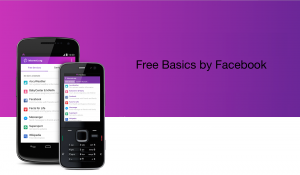The Challenge
Internet access is considered a basic utility for many people these days. An estimated 95% of North Americans use the internet – but that’s not true around the world. In Asia, only 55% of the population uses the internet, and in Africa the rate of internet users drops to 39% (1). There is estimated to be only one fixed broadband subscription for every hundred people in sub-Saharan Africa.
Increasing internet access has enormous potential to improve the quality of education around the world. Education is a basic human right that allows people to develop themselves and improve their lives. The internet enables access to unprecedented information, resources, and opportunities for learning. It’s useful for education, but also for healthcare, business, government, and more.
We spent a day with Meta and helped them answer the question: How do we increase internet access across the world?
Solution Sprint
We ran a full day, interactive workshop with the Internet.org team to help them understand and prototype new approaches to achieving behavior change. Attendees learned new social science concepts and immediately practiced applying them to their work.
At the end of the training, the team viewed themselves as choice architects and felt confident that they could articulate the assumptions, form a behavioral hypothesis, and design an intervention to test the assumptions. The team left with a long list of new approaches, interventions and feature designs to drive their roadmap.

(1) “World Internet Users Statistics and 2020 World Population Stats.” Internet World Stats, Nielsen Online, 2020, www.internetworldstats.com/stats.htm.
